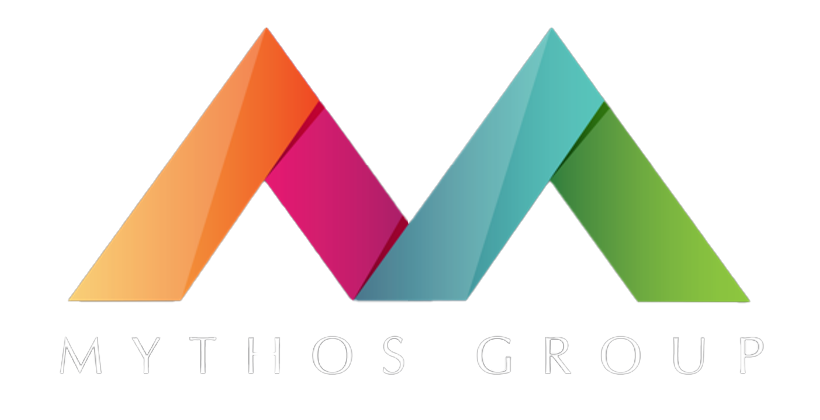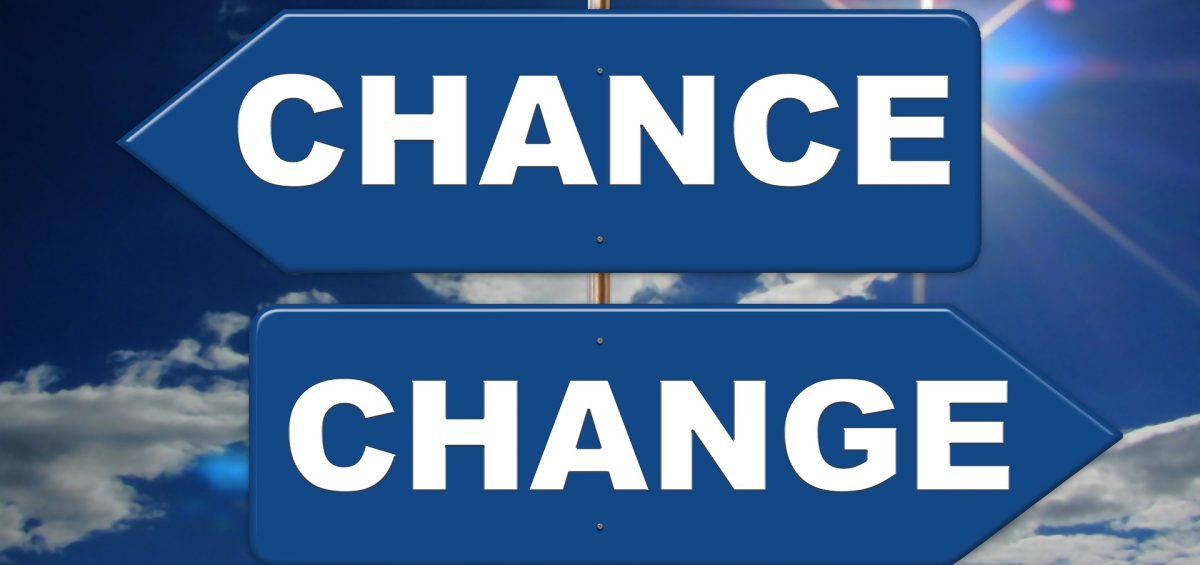As we head into the seventh month of our new reality – longer in some countries – many organizations are still struggling to cope with the rapidly changing business environment. Meanwhile, other organizations have been quick to adapt, innovate, and embrace the new way of doing business. Why is that?
Whether it’s a forced change from external factors, like we’re currently seeing with the COVID-19 pandemic, or is part of a planned organizational transformation to deliver a long-term competitive advantage, change fails for numerous reasons… and all of them are centered on people. When employees fight against change it’s because they:
- Fear of losing something they value
- Don’t understand the change and its implications, or don’t think the change makes sense
- Find it difficult to cope with either the level or pace of the change
On the other hand, leaders resist change when they:
- Don’t have the skills to teach their reporting staff expected and desired behavior
- Believe change is something that should be delegated – they have no skin in the game
- Are comfortable with the status quo, despite overwhelming evidence that a change is needed
Change is hard for everyone, and it’s something I cover in-depth in a paper I wrote for Mythos Group where I identify the top 10 reasons for resistance to organizational change. Let’s look at some of them here.
Vision Not Shared By All
A clearly defined vision plays a key role in producing useful change. It helps align, direct, and inspire action throughout the organization not to mention helps employees feel invested. As the vision evolves, remember that not all may share the same perspective.
Disruption Of Culture Or Group Dynamics
Human beings are social creatures. As many people are finding right now with social distancing, we like to be connected to those we know and like. By asking employees to do things differently, work in new teams, or indeed work with fewer people, you’re asking them to sever long-held and valued emotional connections. A little diplomacy and empathy at the outset can go a long way.
Employees Feel Overwhelmed And Overloaded
Not unlike ‘Zoom fatigue’, the organization needs to be aware of ‘change fatigue’ as a factor in keeping employees from moving forward. If an organization has been through a lot of upheavals, employees may resist change because they are tired and overwhelmed… precisely at the time when more radical change is needed.
There’s no question that the most significant challenges when implementing change projects are people-oriented – mindset and corporate culture can be enormous barriers. Changing mindsets, attitudes, and culture in an organization typically require different techniques, applied consistently, and over time. But if done correctly and with purpose, change can have a positive impact on overall productivity. While employee resistance to change can cripple an organization, the behavior of leaders is just as important.
Mythos Group’s white paper, Resistance To Organizational Change, contains more detail on this and other recommendations, and is available to download for free from https://bit.ly/MG-White Papers.







